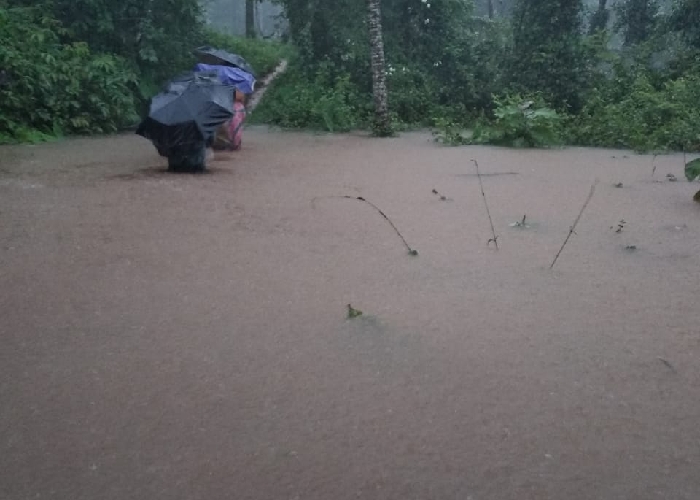New Delhi, Nov 17: Government today rejected the demand for Prime Minister Narendra Modi's response on the debate on demonetisation and accused the opposition of using it as an excuse to scuttle discussion on the issue in Parliament.
 Information and Broadcasting Minister M Venkaiah Naidu told reporters after Parliament was adjourned for the day, amid protests by opposition demanding Modi's presence, that the reply to the debate would be given by the minister concerned or any other person on behalf of the government as per the rules of the House and precedents.
Information and Broadcasting Minister M Venkaiah Naidu told reporters after Parliament was adjourned for the day, amid protests by opposition demanding Modi's presence, that the reply to the debate would be given by the minister concerned or any other person on behalf of the government as per the rules of the House and precedents.
The opposition disrupted the Rajya Sabha, stalling midway the discussion on demonetisation that started yesterday.
A united opposition's relentless demand for a debate on demonetisation under a rule which entails voting forced the adjournment of the Lok Sabha also for the day as the government refused to accept it.
"Half way through, they realised that by raising such a debate it is going negative on them and boomeranging. Now I am afraid, are they trying to find a way out to come out of this and then stall the debate on one pretext or the other," Naidu said.
Dubbing the uproar by Congress and other opposition parties as an "excuse" to stall a debate, Naidu alleged that there is no rationale, whatsoever, behind it.
The Minister said things will happen as per the rules and procedures of the House and urged that the debate should go on.
"I feel that those who started the debate are now understanding that it is going negative, that is why they are finding excuse for not allowing the discussion.
"They are speaking in double tone and in different voices. They are not coming out openly either for or against. They are in dilemma and that dilemma will continue," he said.
Naidu said the entire country is watching as to who are with the hoarders and with the people with black money and who are with the government and the Prime Minister, who has "taken such a revolutionary step. They have to make a choice".
"Let the discussion take place. Then who will reply in the government. It could be the concerned Minister. The solution will come through the government as per traditions and rules," he said.
Naidu said government is addressing the problems faced by people on demonetisation and any suggestion, if worth considering, will be take up positively.
"Government is open to ideas to improve the system. But if somebody is trying to question this and attribute motives, then people are there to finally come to an assessment and decide. Let every party decide are they in favour of this move or against it, for which they have no answer directly," the minister said.






Comments
cancel this PM. see korea and build the nation.
Add new comment